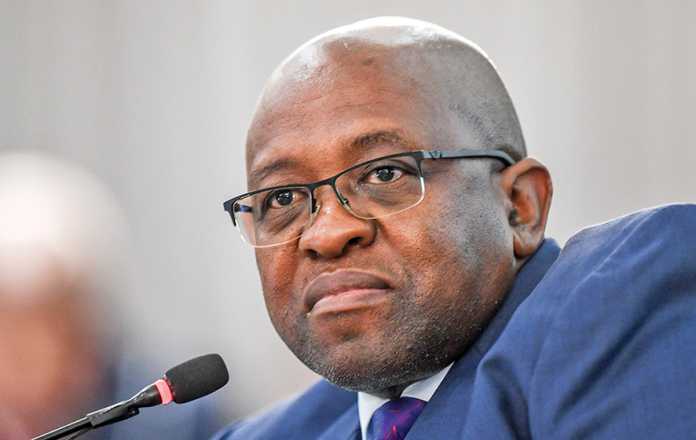The Judicial Services Commission (JSC) might as well have played an April Fool’s joke on Muzi Vilakati, first informing him that his complaint against Johannesburg High Court Judge Brad Wanless would be investigated, only to recall the communication just over an hour later.
Vilakati learned on the morning of April 1 that acting Deputy Chief Justice Mandlenkosi Madlanga had noted a day earlier that “a member of the Judicial Conduct Committee (JCC)” would be designated to determine the merits of the complaint. Dimakatso Ramaisa in the secretariat of the JCC wrote the letter on behalf of Madlanga.
But moments later, just after midday, an official in the Office of the Chief Justice, Sanelisiwe Mthombeni, recalled the earlier correspondence without providing any reason for the decision.
Systemic concerns around professionalism and accountability
Vilakati told Sunday World that “shortly thereafter, the JSC withdrew the report and advised that a revised report will be issued in due course. No timeline for delivery has been provided”.
He continued: “This sequence of events further highlights systemic concerns regarding professionalism and accountability within the judicial system.”
In the previous letter, Madlanga said that if the complaint about not having a proper hearing was proven true, the right steps to fix it would be those listed in the JSC Act. For this reason, he decided that the complaint should be handled under Section 17 of the JSC Act.
Section 17 of the JSC Act deals with enquiries into complaints against judges. And this refers to when those complaints are serious but not impeachable. It outlines the process for the JCC to investigate these complaints in an inquisitorial manner. To do this without placing the onus on any party to prove or disprove facts, according to the online publication Judges Matter.
This section empowers the JCC to impose measures ranging from formal reprimands to recommendations for suspension or removal. Though such outcomes remain speculative pending investigation.
Handling of judicial misconduct allegations
Madlanga mentioned that a designated member of the JCC will now assess the merits of the complaint under Section 17 of the JSC Act, which governs the handling of judicial misconduct allegations. The letter states that Vilakati will be contacted “in due course” as the inquiry progresses, but no timeline is given.
The complaint centres on procedural fairness — a cornerstone of judicial integrity. Strict ethical codes bind judges in South Africa. And allegations of denying parties a fair hearing undermine public trust in the legal system.
Sunday World reported in February that Vilakati, who was embroiled in a civil dispute with Standard Bank, lodged a formal complaint with the JSC against Wanless, alleging several grievances regarding the conduct of his court proceedings, which he believes compromised the fairness of the trial.
In the complaint to the JSC, Vilakati included an affidavit with six main reasons why he didn’t agree with Wanless’s decision during the leave-to-appeal proceedings on October 28 2024.
During the proceedings, he challenged a prior judgement that had dismissed his initial action against the bank. The dismissal was on the grounds of prescription.
The court, led by Wanless, ruled that the prescription issue had been adequately addressed.
Evidence not relevant
The conclusion was based on the pleadings and common cause facts, it said. And this meant that Vilakati’s disputed evidence, including alleged hearsay, was not relevant.
Wanless dismissed the appeal application based on the principle that leave to appeal should only be granted when there’s a substantial likelihood of a different finding in a higher court.
He noted that the prospects for success were not favourable enough to justify burdening the appellate courts further.
Before the JSC, Vilakati contended that the court attributed “false statements” to him that he never made. He referred to specific errors in some paragraphs of the judgement document. And he strongly denied making them.
The affidavit stated that these alleged falsehoods had no basis in the official records of the case. Vilakati backed his claims with transcripts from the leave to appeal hearing, which he procured from Gauteng Transcribers.
“There’s absolutely no record of the false statements,” he argues. He highlighted the essential disconnect between the documented proceedings and the judgement rendered by Wanless.
Vilakati represented himself on the leave-to-appeal application. He also expressed frustration over the limited time he had to present his case.



